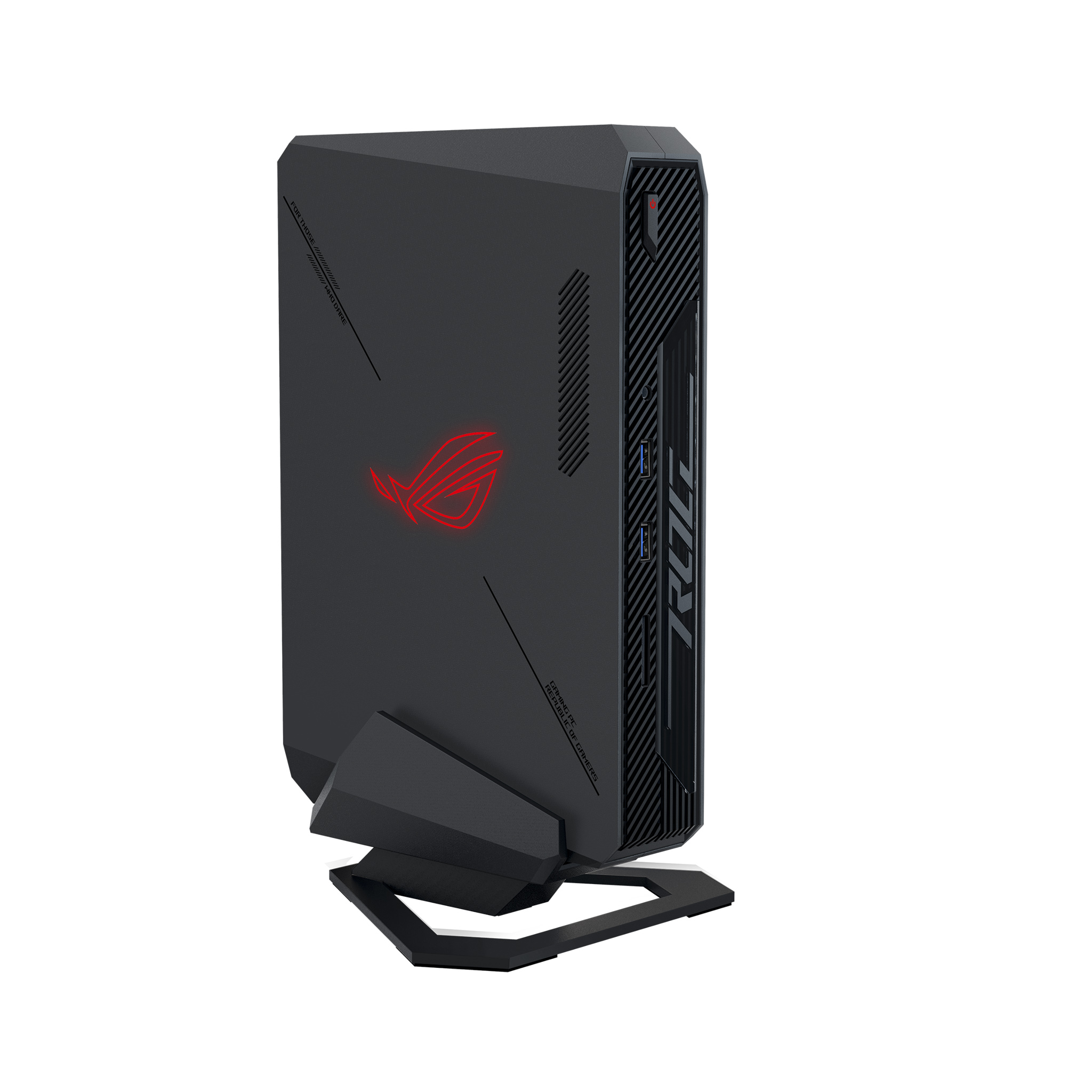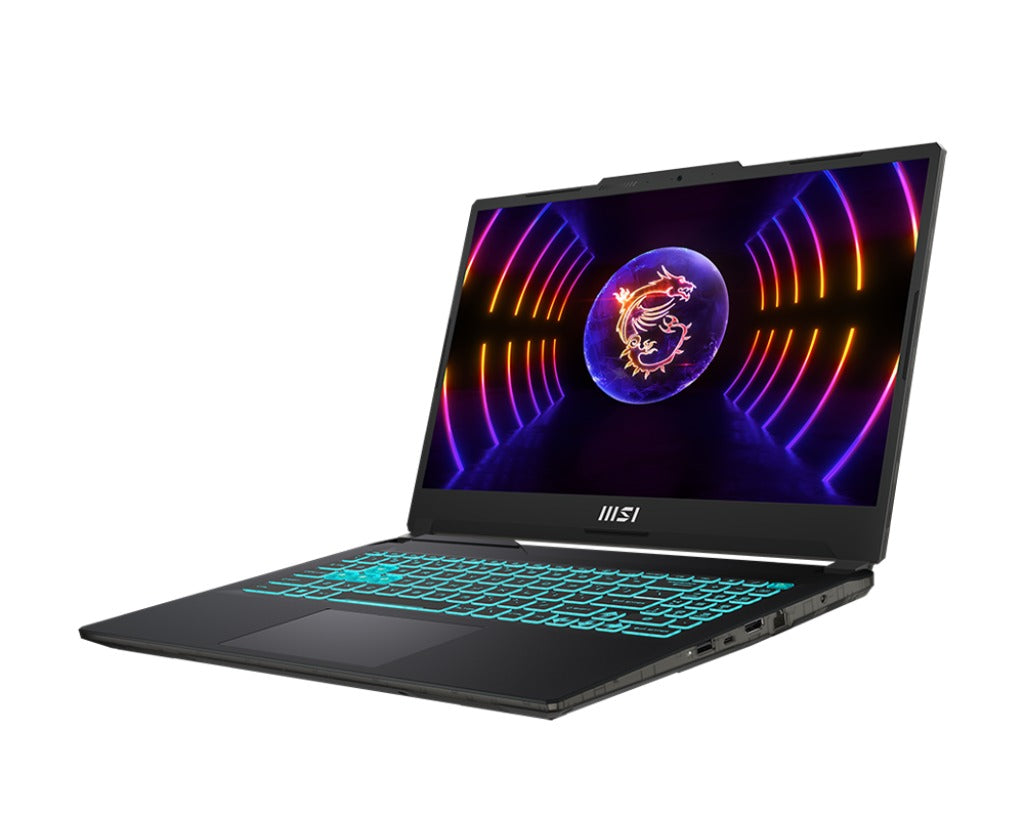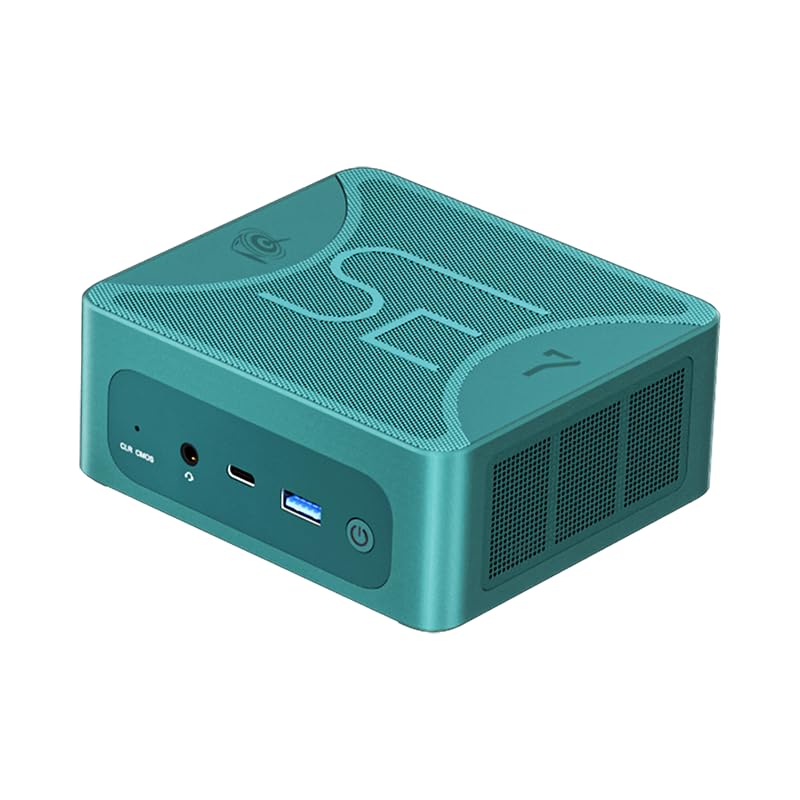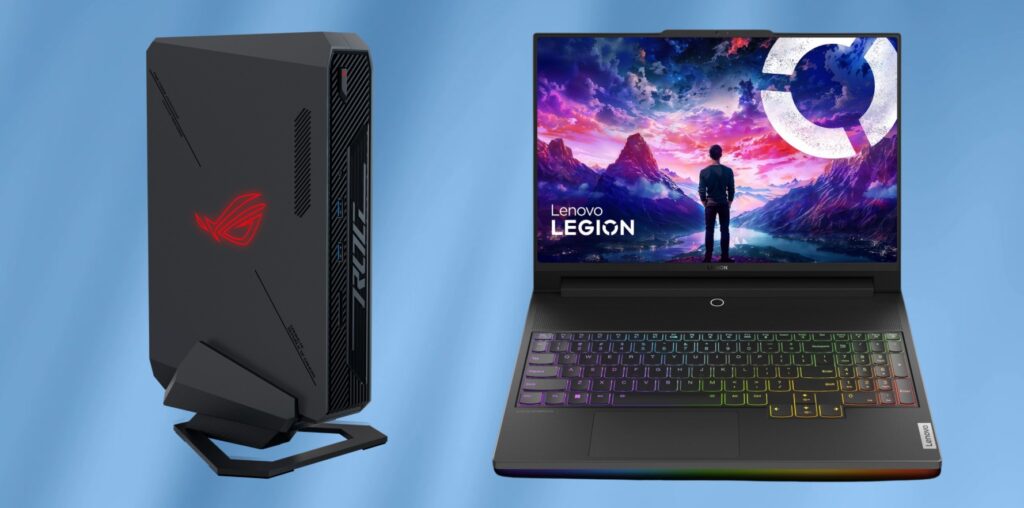Technology is shrinking, providing more powerful options in ever-smaller configurations. Windows have ultra-compact NUCs that can be configured with insane specs like an RTX 40 series GPU and a Core i9 chip, while Macs have the recently-announced Mac Mini M4 that’s even smaller than its predecessor. Because of this, some people think that’s its better to get a mini PC than a laptop for their Work From Home (WFH) setup.
That being said, you’d probably ask: should You Go for a Mini PC or a Laptop? While both are good options, they have their respective pros and cons. We break then down for you here, and give our ideal recommendations if you prefer to go the Mini PC route or laptop route for your WFH setup:

Mini PC: Small Powerhouse for Specific Use Cases
- Pros:
- Compact and lightweight: Perfect for tight spaces or frequent travel.
- Energy efficiency: Lower power consumption translates to quieter operation and potentially lower electricity bills.
- Flexible and upgradable: Often allows for RAM and storage upgrades after purchase (Mac Mini not included).
- Cost-effective: May offer similar performance to laptops at a lower price point.
- Cons:
- Limited connectivity: Almost always does not include built-in displays, keyboards, and mice. Requires separate peripherals for a complete setup.
- Less powerful: Generally have less processing power and graphics capabilities compared to high-end laptops.
- Less portable than a laptop: You still need peripherals for a functional setup, and you don’t an option to run it on battery power

Laptop: All-in-One Portability and Power
- Pros:
- All-in-one solution: Integrates display, keyboard, and mouse into a single unit for easy portability.
- A wider range of performance options: From budget-friendly to high-end powerhouses, there’s a laptop for every need.
- Greater flexibility: Suitable for a wider range of tasks, from everyday work to gaming and content creation.
- Battery life: Offers on-the-go computing without the need for an immediate power source.
- Cons:
- Bulkier and heavier: While portable, laptops are generally bigger and heavier than mini PCs if you’re after performance.
- Less upgradable: Most laptops have limited upgrade options for components like RAM and storage.
- Higher cost: Generally more expensive than mini PCs for similar performance levels.
Which one is right for you?
If you have a dedicated workspace with a monitor, keyboard, and mouse, and prioritize affordability and upgradability, a Mini PC might be ideal. For those who need a truly portable solution that can run on battery power, a laptop is the better choice. With the pros and cons outlined, here’s our recommended specs for a Mini PC or laptop depending on your needs:

Mini PC
- Productivity focused: Beelink SER7
- CPU: AMD Ryzen 7 7840HS Processor
- Graphics: AMD Radeon 780M
- Storage: 1TB M.2 2280 PCIe 4.0 SSD
- Memory: 32GB DDR5 (configurable up to 64GB)
- Gaming focused: ROG NUC
- CPU: Intel Core Ultra 7 Processor 155H
- Graphics: NVIDIA GeForce RTX 4060 Laptop
- Storage: up to 1TB M.2 2280 SSD
- Memory: up to 32GB DDR5
Laptop
-
- Productivity Focused: Lenovo IdeaPad Slim 3
- CPU: Intel Core i7-13620H
- Display: 15.6-inch Full HD IPS
- Memory: 16GB LPDDR5
- Storage: 512GB M.2 NVMe SSD
- Graphics: Intel UHD Graphics
- Productivity Focused: Lenovo IdeaPad Slim 3
-
- Gaming Focused: ASUS TUF Gaming A15
- CPU: Ryzen 5 7535HS
- Display: 15.6-inch Full HD 144hz IPS
- Storage: 512GB M.2 NVMe SSD
- Memory: 16GB LPDDR5
- Graphics: RTX 4060
- Gaming Focused: ASUS TUF Gaming A15
That rounds up our explainer on whether a Mini PC or Laptop will suit your needs. Check out our other articles on gaming laptops below:

